AI strategy consulting for business growth
We help you move from the Artificial Intelligence hype to measurable results with confidence.
Build a structured path to AI adoption, ensuring every step drives business impact and reduces implementation risks.
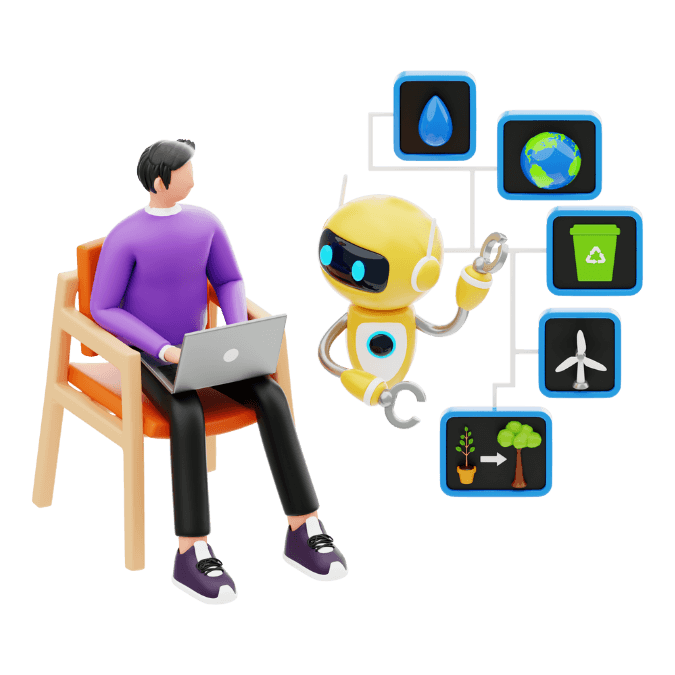
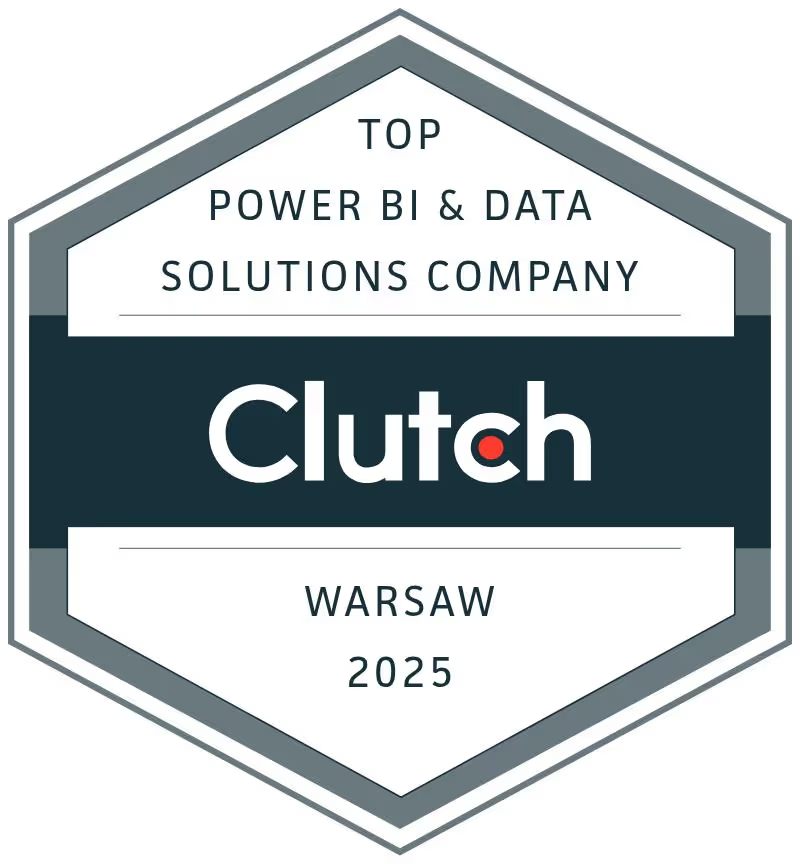
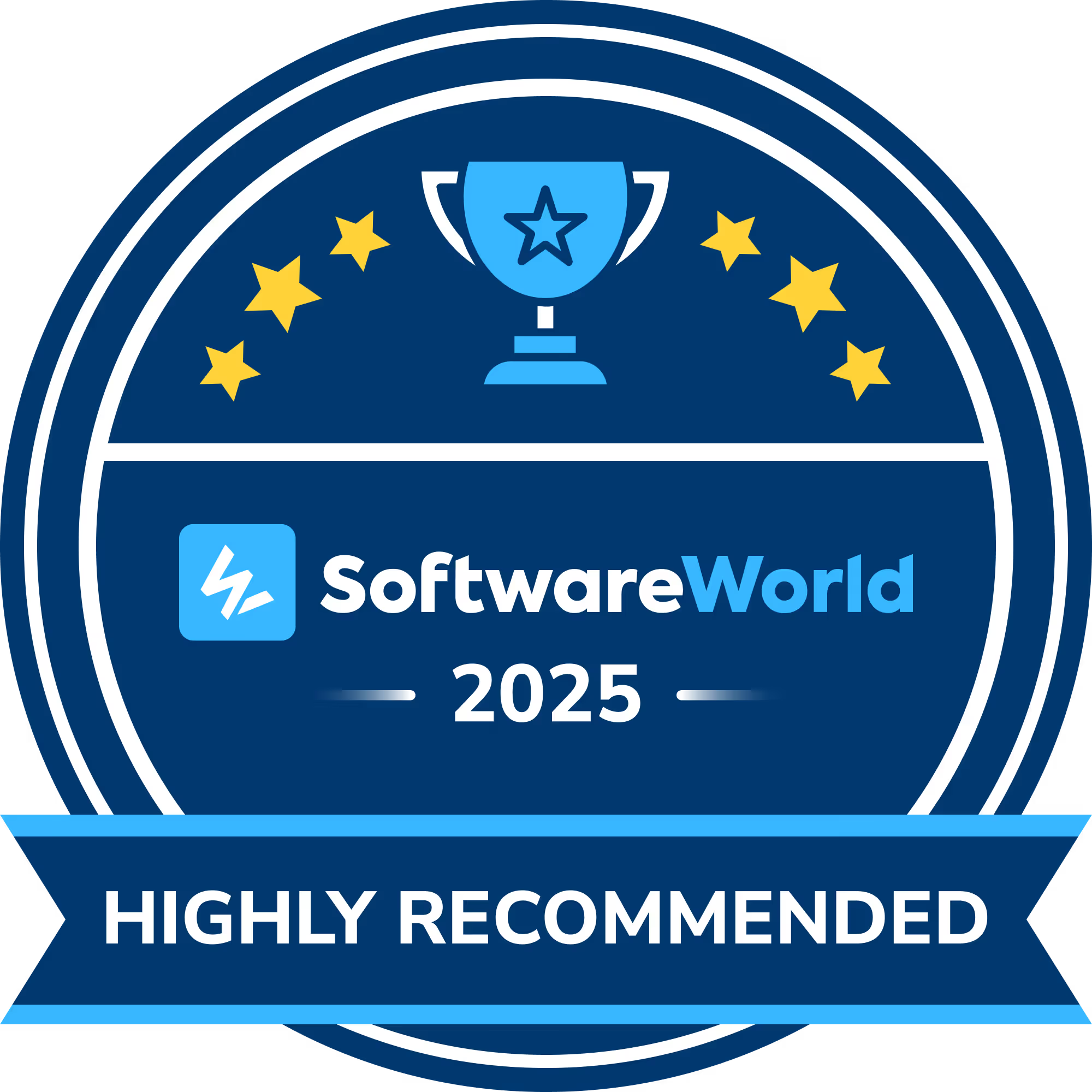
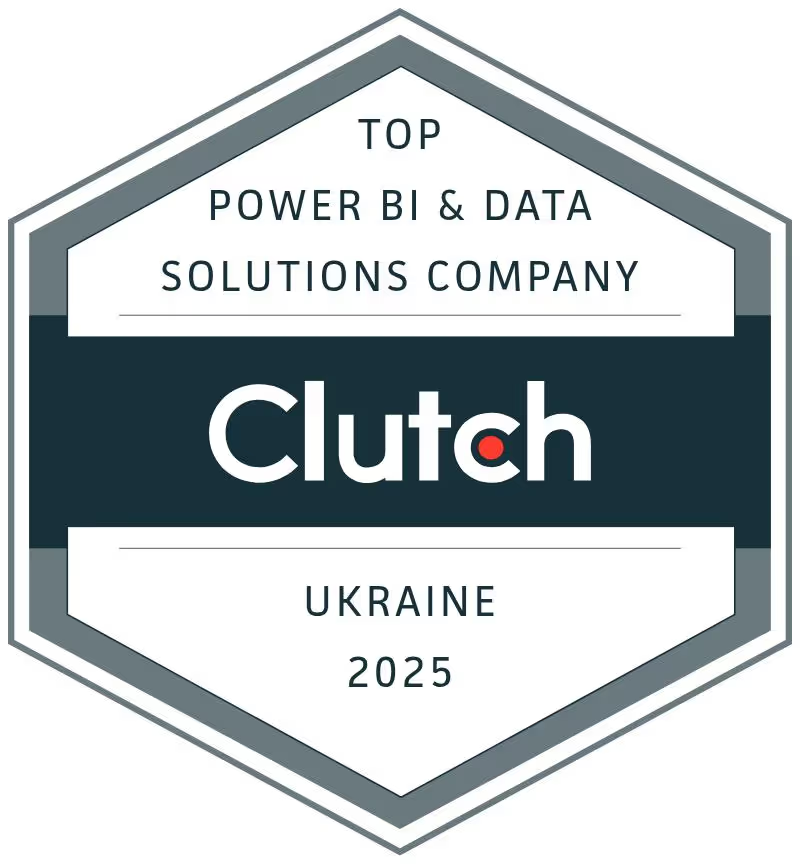

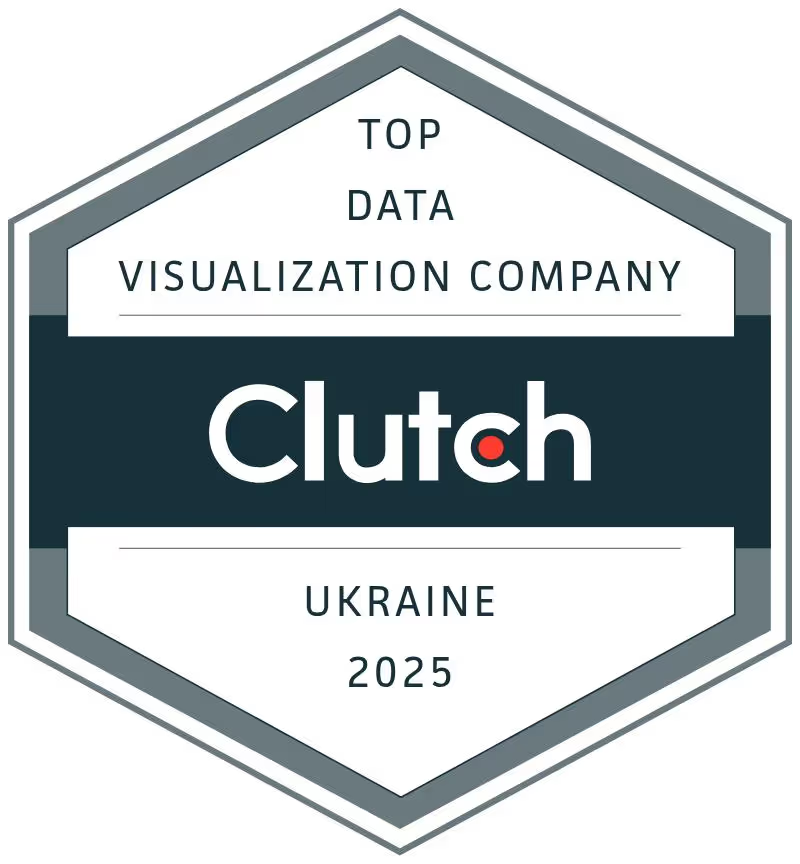
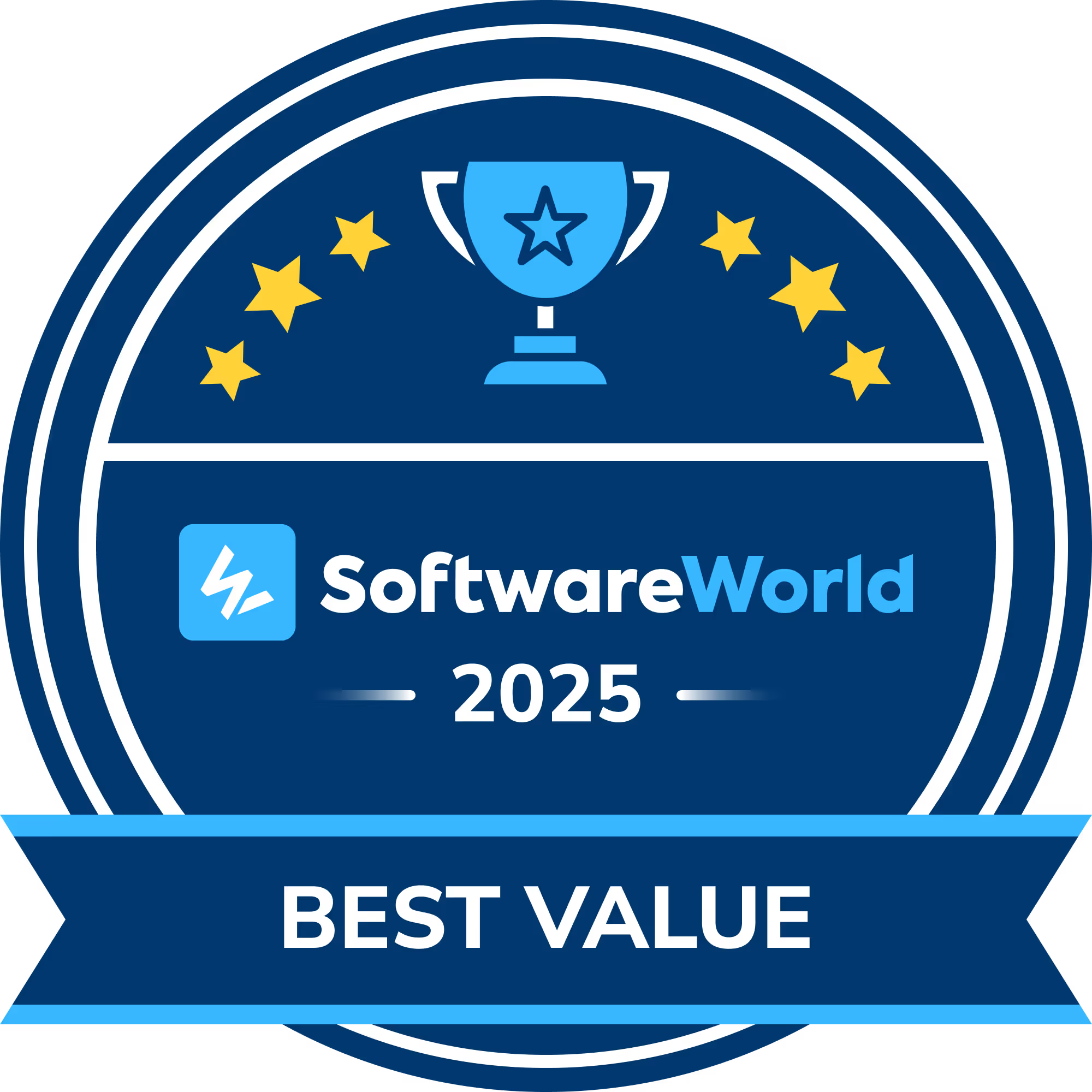
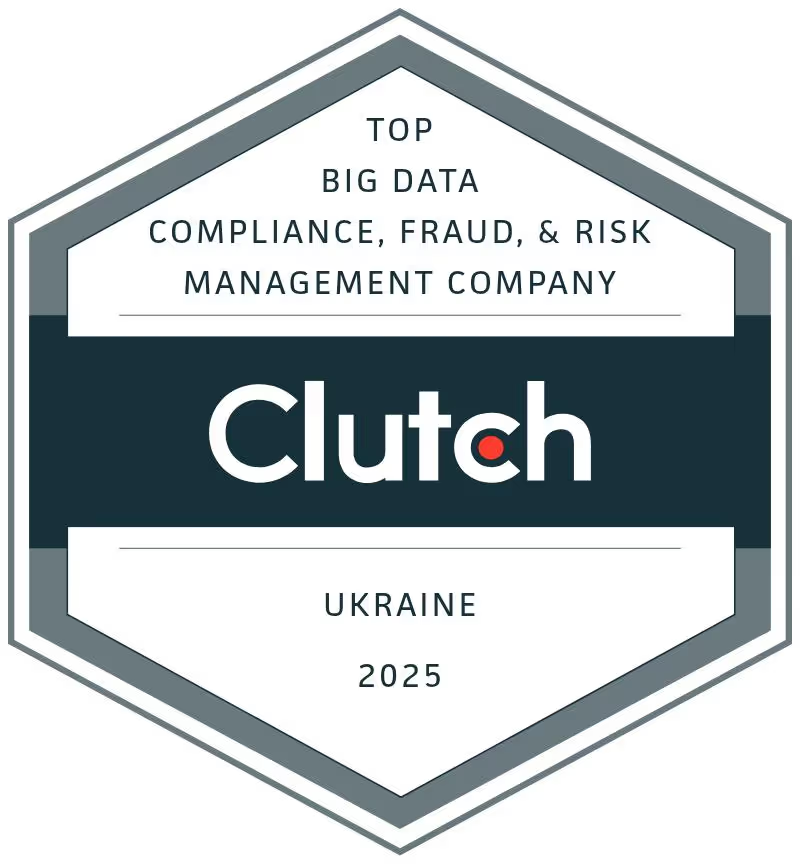


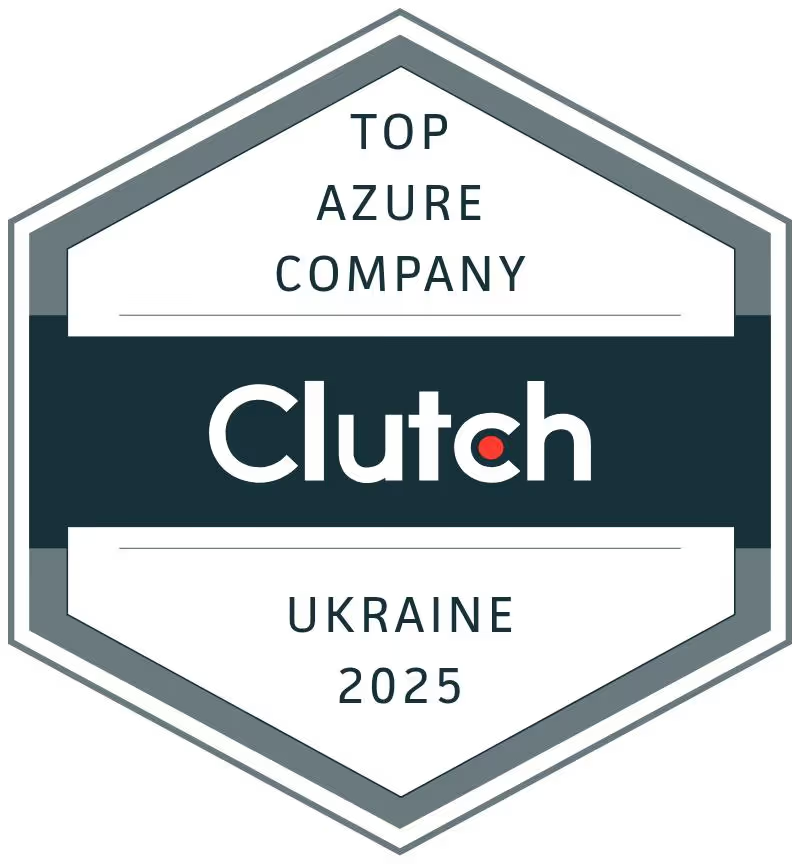










Why hire an AI consulting company
An expert-led AI adoption strategy prevents wasted investments by focusing on proven, high-value use cases.
AI use case prioritization helps you select initiatives with the highest ROI and practical feasibility.
Specialists conduct readiness assessments to evaluate data quality, infrastructure, and team capabilities before large-scale investments.
AI roadmap consulting ensures every initiative supports wider business objectives and long-term competitiveness.
With structured AI implementation frameworks, companies shorten time-to-value and achieve faster, measurable results.
A seasoned AI strategy partner helps uncover new revenue streams and efficiencies by aligning AI adoption with business goals.
AI strategy consulting services for smooth & effective adoption process
Poorly defined AI adoption roadmaps often cause fragmented efforts, duplicated costs, and low organizational confidence. Our AI adoption consultants help align technology with business goals, reduce risks, and maximize ROI through structured planning.
Assess the availability, quality, and structure of your data, ensuring compatibility with Azure Synapse, Data Factory, and ML pipelines.
Review IT systems and cloud environment scalability, validating performance and security on Azure-based platforms.
Identify existing internal expertise and skills gaps across development, operations, and data science.
Ensure policies align with data security and GDPR, applying Azure Policy and Security Center best practices.
Link possible AI projects directly to measurable business outcomes and strategic objectives.
Assess technical requirements, data dependencies, and complexity of each potential use case.
Estimate financial impact and time-to-value for each AI initiative.
Ensure AI opportunities are consistent with industry trends and long-term enterprise strategy.
Build phased AI implementation schedules based on complexity, dependencies, and resource availability.
Set clear benchmarks to measure progress and guide decision-making throughout adoption.
Estimate infrastructure, licensing, and operational costs using Azure’s transparent pricing models.
Support organizational transition with Azure AD, governance controls, and role-based access to AI tools.
Design reference architectures for enterprise AI powered by Azure Kubernetes Service (AKS) and Cognitive Services.
Recommend optimal tools, cloud platforms, and frameworks aligned with project goals.
Plan seamless interoperability with existing IT ecosystems, APIs, and third-party tools.
Ensure deployed models perform accurately and reliably under real-world conditions.
Facilitate leadership sessions to define AI vision, set business-aligned goals, and identify how Azure AI services can accelerate execution.
Comparing your adoption journey against peers and global best practices, leveraging Azure reference architectures and proven industry frameworks.
Pinpoint overlooked areas where AI, powered by Azure Cognitive Services, ML, or analytics, can unlock new revenue or efficiency gains.
Establish KPIs and implement Azure Monitor or Power BI dashboards to measure AI’s ongoing contribution to business outcomes.
Review current sources and pipelines, recommending modernization via Azure Data Factory or Synapse.
Identify gaps or bias in datasets, applying cleansing and enrichment workflows through Azure Databricks.
Assessing validation of compute and storage scalability using Azure Blob Storage and elastic scaling models.
Identifying development paths for governance policies, supported by Azure Purview for cataloging and compliance tracking.
Provide continuous guidance, incorporating updates to Azure AI capabilities and new features.
Enable your teams to adopt Azure ML pipelines, data tools, and automation frameworks.
Supporting the transition from pilots to enterprise-wide rollouts with Azure DevOps and CI/CD.
Helping enterprises introduce emerging Azure services and AI research to keep your business at the forefront of innovation.
AI tech ecosystem – technologies we work with when developing AI strategy
Developing a scalable AI adoption strategy requires a strong technology backbone. We leverage Azure’s AI and ML ecosystem along with complementary tools to enable end-to-end workflows - from data ingestion and preparation to model training, deployment, and monitoring. Our approach integrates cloud-native architectures, MLOps practices, and secure governance frameworks to ensure AI initiatives are both technically feasible and business-ready.
A managed cloud service for training, deploying, and monitoring machine learning models with automated pipelines and enterprise-grade MLOps.
Pre-built APIs for vision, speech, language, and decision-making, accelerating AI adoption without requiring custom model development.
Unified analytics and ML platform optimized for large-scale data engineering, collaborative model training, and real-time inference pipelines.
AI-enhanced enterprise search service with vector search, semantic ranking, and NLP-powered indexing for unstructured data.
Enterprise integration of GPT and other large language models for building generative AI applications with security and compliance controls.
AI-powered coding assistant that accelerates software development through context-aware code completions.
Open-source hub for NLP, computer vision, and transformer-based model deployment.
End-to-end open-source ML framework for deep learning model training, deployment, and scaling.
Struggling to turn AI ideas into real business outcomes?
Our AI implementation consultancy helps you build a clear roadmap, align priorities, and adopt Artificial Intelligence with confidence.
Popular AI adoption approaches
Pilot-first approach
Many organizations begin with a pilot AI project focused on a single high-value use case. This reduces risk while demonstrating early business impact and stakeholder buy-in.
Pilots often use Azure Cognitive Services or pre-trained models to shorten time-to-value. Once proven, the pilot is scaled into production and expanded across departments.
Platform-driven
This approach emphasizes building a scalable foundation for multiple AI initiatives by investing early in data pipelines, cloud infrastructure, and MLOps practices.
Enterprises adopting Azure Machine Learning, Synapse, and Kubernetes often follow this path to ensure consistency and governance. It requires more upfront investment but enables faster rollout of subsequent AI use cases.
Business-aligned
Here, AI adoption is tightly integrated with overall enterprise strategy from the start. Organizations prioritize use cases based on business objectives such as efficiency, customer experience, or revenue growth.
the Tools like Azure OpenAI Service or Power BI with AI help deliver measurable outcomes. This approach maximizes ROI and ensures that every AI initiative supports long-term strategic goals.
Clients about our cooperation
See what our clients say about the way our team helped them leverage their business potential.

AI adoption path – best practices
A successful AI adoption strategy requires a clear roadmap supported by robust data foundations, sound governance, and phased execution. Organizations that follow proven practices minimize risks, accelerate ROI, and achieve sustainable integration of AI into business operations. Leveraging frameworks like Azure MLOps, Cognitive Services, and Synapse ensures both technical feasibility and measurable business impact.
Using Azure Well-Architected reviews and security baselines ensures technical risks are addressed early. This step saves time, money, and prevents failed implementations.
Tools like Azure Machine Learning enable feasibility scoring to balance ROI against technical complexity. By prioritizing AI use cases strategically, you avoid resource drain and create stronger stakeholder confidence.
Investing in data readiness up front prevents performance issues, bias, or compliance violations later. This practice enables long-term scalability and cross-department AI adoption.
Continuous tracking builds trust in AI and provides the evidence needed for scaling adoption further.
AI strategy consulting services:
major deliverables
Depending on business goals, industry specifics, and organizational maturity, our deliverables may vary. A tailored AI adoption strategy ensures documentation includes only what is relevant, practical, and aligned with measurable outcomes.
Outpace competition through innovation with expert AI strategy consultants

AI adoption challenges & how to overcome them
AI adoption is rarely straightforward. Many organizations face obstacles such as fragmented data, unclear objectives, lack of internal expertise, or integration issues.
Without a structured AI adoption strategy, projects risk becoming costly experiments with little business impact. By applying proven frameworks, readiness assessments, and Azure-based tooling, these challenges can be transformed into opportunities.
Clear roadmaps, incremental delivery, and continuous monitoring ensure AI initiatives stay aligned with business goals, minimize risks, and deliver sustainable ROI.
Low-quality, fragmented, or inaccessible data often undermines AI outcomes.
Establishing pipelines with Azure Synapse and Databricks ensures reliable, governed datasets for model training.
Many teams lack AI-specific skills or cloud knowledge.
Partnering with experienced AI consultants accelerates adoption and bridges capability gaps effectively.
AI projects fail when they lack alignment with strategy.
Use case prioritization and ROI mapping to focus efforts on initiatives with measurable impact.
AI initiatives can fail when isolated from core systems.
Using APIs, Azure Cognitive Services, and MLOps pipelines ensures seamless enterprise integration.
AI adoption consultancy process blueprint
Our consultancy process follows a structured blueprint designed to minimize risks and maximize business value. Depending on the client’s maturity, industry, and objectives, the process can be adapted for scale, speed, or depth of engagement.
Engage stakeholders to clarify business objectives, pain points, and AI ambitions.
Analyze data, infrastructure, and skillsets using Azure and industry benchmarks.
Map potential AI applications across operations, customer experience, and innovation streams.
Score initiatives by technical complexity, resource needs, and expected financial impact.
Create phased AI adoption roadmap with milestones, dependencies, and investment plan.
Deliver actionable strategy package covering architecture, governance, and implementation guidelines.
Present findings and roadmap to leadership with recommendations for next steps.
AI adoption strategy services FAQ
We believe clarity drives successful AI adoption. This FAQ addresses common questions about our AI strategy consulting process, deliverables, and the technologies we use, helping you understand how we work and what to expect.
AI adoption refers to the process of integrating AI into business operations. It’s also called AI enablement, AI implementation, or AI integration, and typically involves:
- Assessing organizational readiness (data, infrastructure, and skills).
- Identifying practical use cases aligned with business goals.
- Building and deploying machine learning or cognitive AI solutions.
- Scaling pilots into production across multiple departments.
- Establishing governance, compliance, and performance monitoring.
AI strategy consulting services cover the end-to-end journey of preparing and executing AI adoption. Major processes and deliverables may include the following depending on the case:
- AI readiness assessment – analyzing data quality, infrastructure, and talent maturity.
- AI use case prioritization – ranking opportunities by ROI, feasibility, and strategic alignment.
- AI adoption roadmap consulting – developing a phased, risk-mitigated implementation plan.
- AI implementation consulting – selecting technologies, defining architecture, and guiding integration.
- AI business strategy alignment – ensuring initiatives directly support corporate objectives.
- Data readiness for AI – modernizing pipelines, storage, and governance.
- Long-term AI strategy partner – providing continuous advisory and capability building.
AI adoption often begins with practical applications like predictive analytics for forecasting demand and risks, or NLP for powering chatbots and automating customer support. Companies also apply computer vision for defect detection, fraud detection for financial security, and recommendation engines to personalize offers. Additionally, process automation with AI-driven RPA streamlines workflows and reduces manual effort.
Organizations looking to integrate AI into their digital fabric often face these recurring challenges:
- Poor data readiness: data can be either fragmented, biased, or consist of low-quality datasets.
- Unclear business value: some businesses suffer a lack of alignment between AI initiatives and strategic goals.
- Limited skills: many larger companies and nearly all SMBs experience a shortage of AI/ML engineers, data scientists, and MLOps experts.
- Integration complexity: due to disperity of systems, a mixed pot of cloud providers, legacy software, the difficulty of embedding AI into legacy IT systems is rather widespread.
- Change resistance: workforce hesitancy to adopt AI-driven workflows is normal and to be expected across less digitally mature organizations.
- Compliance risks: ensuring GDPR, HIPAA, or financial regulations are met is challenging, especially in the absence of a finite regulatory framework for the developing Artificial Intelligence technology.
- Scaling issues: moving from pilots to enterprise-level rollouts without performance degradation.
An AI adoption roadmap may include some of these deliverables, depending on the use case:
- Prioritized initiatives (which use cases to launch first, based on ROI and feasibility).
- Phased milestones (step-by-step plan from pilots to enterprise rollouts).
- Resource planning (budget estimates, talent needs, and infrastructure requirements).
- Architecture design (high-level view of cloud, data, and AI system components).
- Governance & compliance (security, privacy, and ethical AI considerations).
- Change management (strategies for workforce enablement and adoption).
- KPIs and monitoring (metrics and dashboards for measuring business impact).
Contact CIGen
Connect with CIGen technical experts. Book a no-obligation 30-min consultation, and get a detailed technical offer with budgets, team composition and timelines - within just 3 business days.















